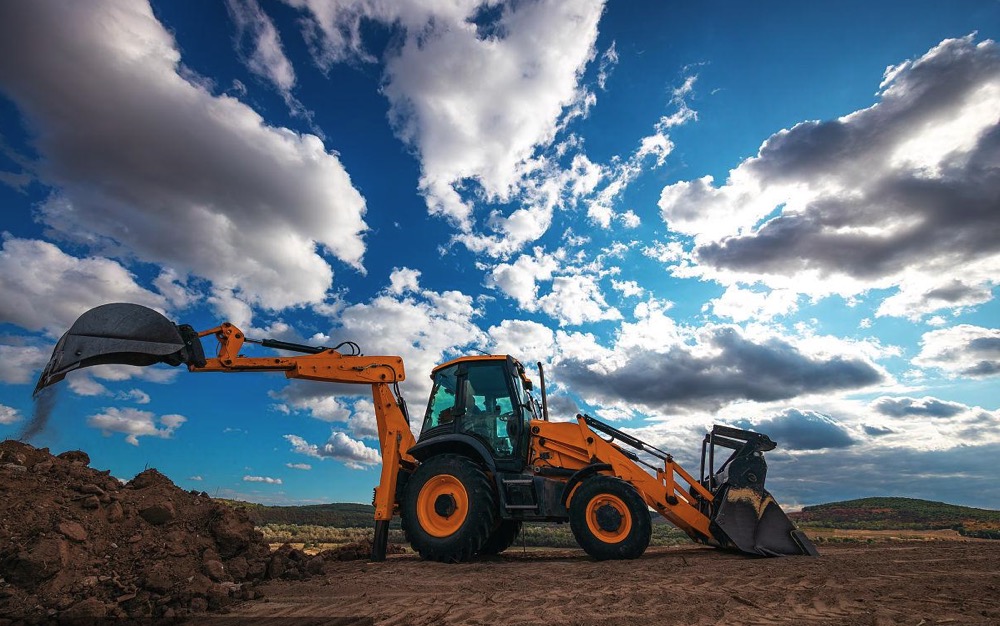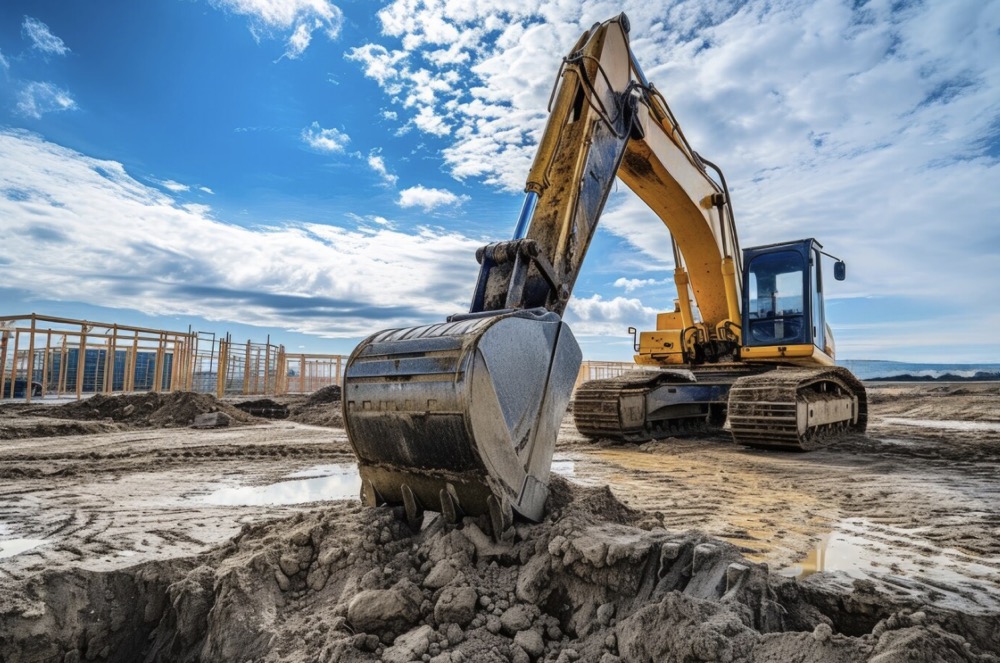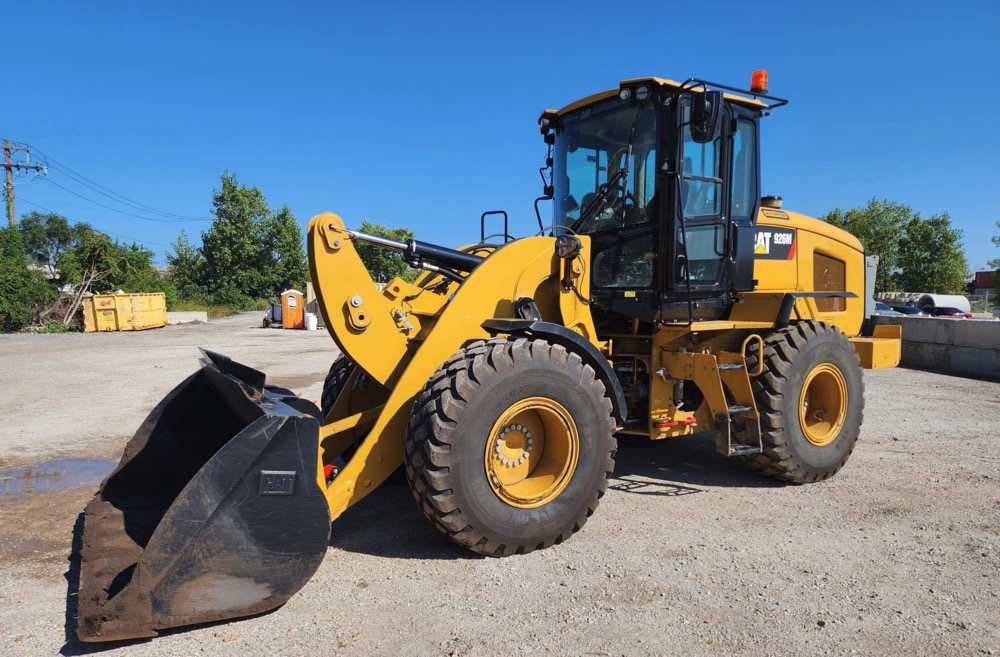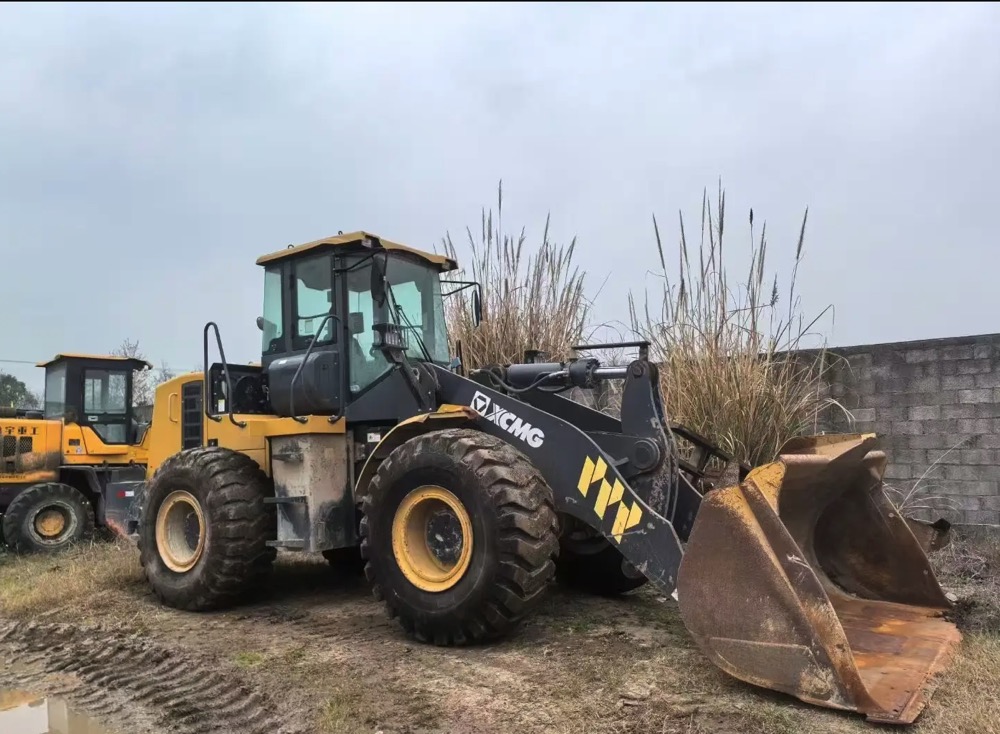
— April 02, 2025

In the dynamic landscape of the construction industry, where efficiency and precision are paramount, the choice between a backhoe and an excavator can significantly impact the success of your projects. At MechLink, we understand the intricacies of these two essential pieces of heavy equipment. As a leading global B2B platform connecting buyers with trusted sellers, we're here to guide you through the differences, applications, and considerations when deciding between a backhoe and an excavator.
While backhoes and excavators share some similarities in their ability to dig and move materials, several key differences can help you determine which one is best suited for your job.
One of the most apparent differences is size. Backhoes are generally smaller and lighter than excavators. This compact size gives them excellent maneuverability, making them perfect for working in tight spaces. They can easily navigate through narrow streets in urban construction zones or around existing structures on a job site. At MechLink, we offer a range of backhoes that are ideal for projects like small - scale building construction, where space is often at a premium. For instance, in a neighborhood renovation project, a backhoe can efficiently move around houses to dig small foundations or trenches for utility lines.
Excavators, on the other hand, come in a wider range of sizes, from compact mini - excavators to large, heavy - duty models. Larger excavators are less maneuverable in tight quarters but are better suited for large - scale projects that require brute force and high - volume material handling.
Another significant difference lies in their range of rotation. Excavators have the advantage of a 360 - degree rotation, allowing operators to work in a full circle without having to reposition the entire machine frequently. This is a huge time - saver, especially in large - scale excavation or demolition projects. In contrast, backhoes typically have a more limited rotation range, usually around 200 degrees for the loader arm. This means that for tasks that require a wide sweep or continuous movement in different directions, an excavator is the more efficient choice.
Both backhoes and excavators are highly versatile machines with a variety of attachment options. However, backhoes often offer a broader range of attachment possibilities due to their dual - function design. With a loader - style bucket at the front and a backhoe at the rear, they can be quickly transformed for different tasks. For example, in addition to digging, a backhoe can be fitted with a front - end broom for cleaning up construction sites or a forklift attachment for moving pallets of materials.
Excavators, while having a slightly narrower range of attachment options in some cases, excel in heavy - duty applications. They can be equipped with specialized attachments like hydraulic breakers for demolishing concrete structures, long - reach arms for dredging work, or grapples for handling scrap materials. At MechLink, we ensure that our listings of both backhoes and excavators include detailed information about available attachment options, helping you find the perfect match for your project requirements.
Backhoes have an edge when it comes to mobility. As wheeled vehicles, they can be driven on public roads at speeds of up to 25 miles per hour, making them easy to transport between job sites. This is a significant advantage for projects that are spread out over multiple locations. If you're working on a series of small projects in different neighborhoods, a backhoe can be quickly moved from one site to another without the need for additional transportation equipment.
Excavators, especially larger models, may require trailers for transportation, which can add time and cost to the project. However, some smaller excavators, like mini - excavators, are more portable and can be transported relatively easily.
Choosing between a backhoe and an excavator depends on several factors. Here are some considerations to keep in mind:
If you're working on a large - scale construction project, such as building a skyscraper or a large - scale infrastructure development, an excavator is likely the better choice. Its greater size and power allow it to handle large volumes of earth and materials more efficiently. For example, in a large - scale mining operation, an excavator can dig deep into the earth and load trucks with massive amounts of ore.
For medium - scale projects like building a single - family home or a small commercial building, a backhoe may be sufficient. Its smaller size and maneuverability make it suitable for tasks like digging foundations, moving materials around the site, and performing light excavation work.
When it comes to brute force, excavators outperform backhoes. They are designed for heavy - duty tasks such as rock blasting, driving piles, and large - scale demolition. If your project involves breaking through tough materials or lifting heavy objects, an excavator with the right attachment is the way to go.
Backhoes, while not as powerful as excavators, are still capable of handling medium - strength tasks. They are well - suited for digging in softer soils, loading materials onto trucks, and performing general construction site duties.
If your project requires frequent movement between different job sites, a backhoe's ability to drive on public roads can be a significant advantage. This saves time and transportation costs, making it a practical choice for contractors working on multiple projects in different locations.
However, if your work is concentrated in a single large - scale site, the mobility of a backhoe may not be as crucial. In this case, an excavator's greater power and range of motion may be more beneficial.
Some jobs can be completed by either a backhoe or an excavator, but others are better suited to one machine over the other. For example, if your project involves digging a large, deep trench for a sewer line, an excavator with its greater reach and digging power is the obvious choice. On the other hand, if you need to clean up a construction site and move small amounts of debris while also performing some light excavation work, a backhoe with its versatile attachments may be more suitable.
Excavators are essential for a wide range of heavy - duty applications. At MechLink, we offer excavators that are suitable for various industries:
Backhoes are versatile machines with many applications:
In conclusion, both backhoes and excavators play vital roles in the construction industry. At MechLink, we offer a diverse selection of both types of equipment from trusted sellers worldwide. By understanding the differences between them and considering your project's specific needs, you can make an informed decision and choose the machine that will optimize your project's efficiency and success.

Why Sany Concrete Pumps Play a Key Role in Kuwait High-Rise Construction
April 18, 2025

Expert Strategies for Sourcing Used Excavators Through MechLink
April 18, 2025

What is a front end loader used for in construction?
April 16, 2025

Is it more cost-effective to buy a new wheel loader or a used one?
April 16, 2025